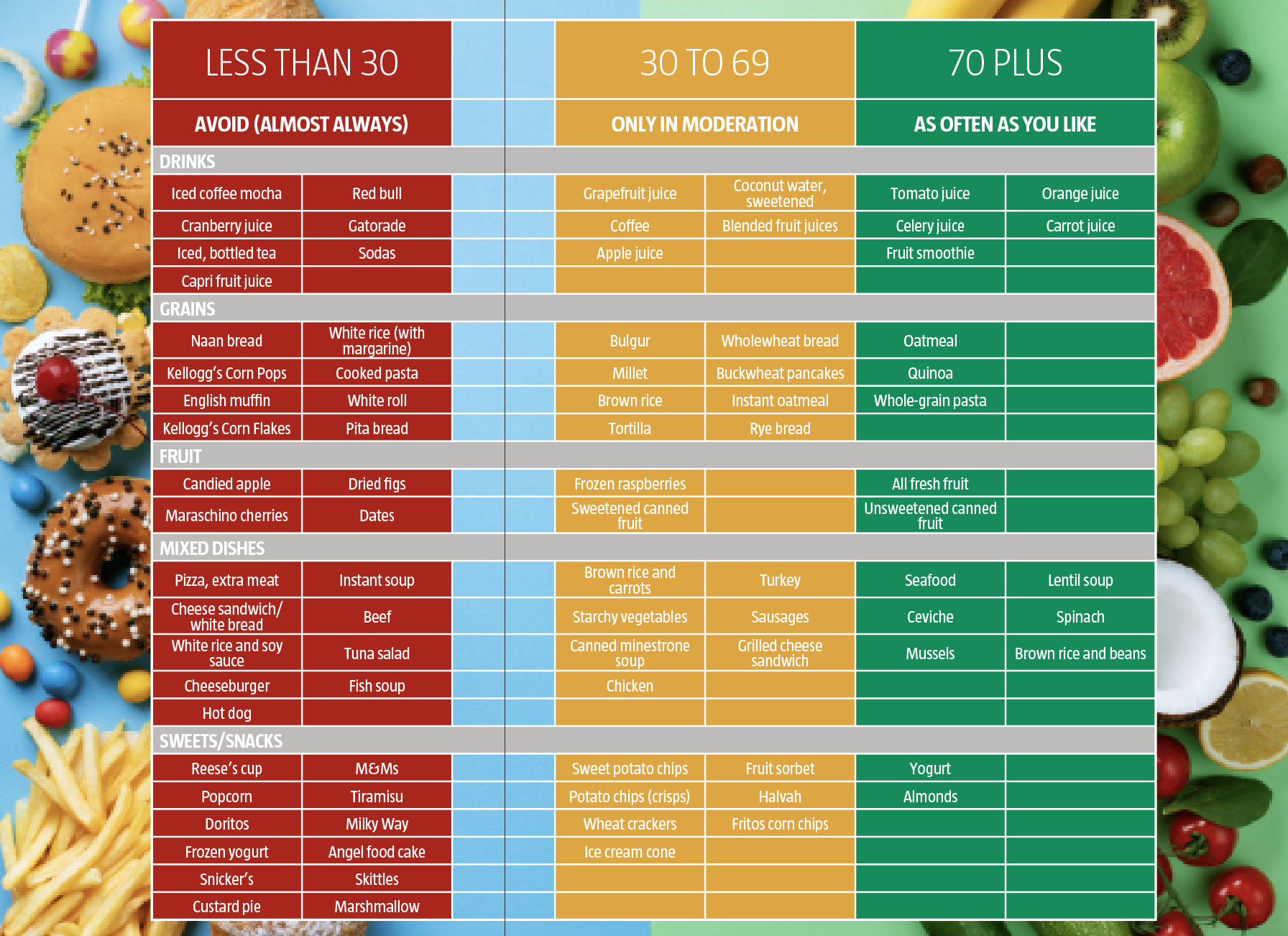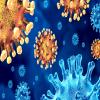 Share on Facebook
Share on Facebook
 Scientists have ranked foods and drinks according to their likely impact on our health
Scientists have ranked foods and drinks according to their likely impact on our health
We all know we should eat more vegetables and avoid fast food and soda, but does this mean we can never eat a pizza? And just how bad is a bowl of Kellogg’s or a can of Red Bull?
To find out, a research team from Tufts University has scored a range of foods and drinks according to their impact on our health and how they add to the risk of developing chronic health problems such as obesity, diabetes, heart problems and cancer.1
The result is the Food Compass, a new way to evaluate the foods we eat. It’s more nuanced than a simple traffic light system, and the researchers are hoping the food industry will use it to help people make better food choices (good luck with that).
The researchers analyzed more than 8,000 foods and drinks on supermarket shelves in the US and scored them on 54 different factors that influence our health. As such, the Food Compass is one of the world’s most comprehensive nutritional profiling systems, the researchers say.
To make life easier, the researchers have categorized foods and drinks into one of three Food Compass categories: foods with a Food Compass Score (FCS) of 30 or below are the unhealthiest and should be avoided most of the time; those that fall between 30 and 69 should be consumed only in moderation; while only those that score more than 70 can be part of a daily, healthy diet.
What’s the score?
The Food Compass categorizes foods and drinks into one of three categories based on their impact on our health. Anything that scores more than 70 is healthy and can be consumed every day, those that score between 30 and 69 should be consumed only occasionally, and anything below that should be avoided or eaten rarely.

|
References |
|
|
1 |
Nature Food, 2021; 2: 809–818 https://www.wddty.com/features/the-science-behind-the-food-we-eat/?utm_medium=email&utm_source=wddty&utm_content=The+science+behind+the+food+we+eat+%F0%9F%A5%A6&utm_campaign=FREE+MEMBERS+enews+-+%28The+science+behind+the+food+we+eat%29+11.01.2022&gr_s=Oa&gr_m=6E&gr_x=a62e |




